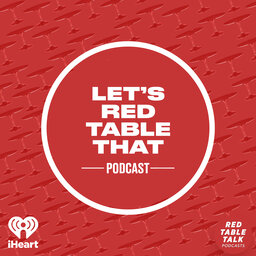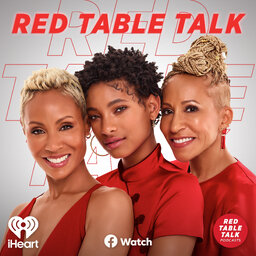Dominic Dupont Returns to the Red Table
Tracy and Cara invite Red Table Talk favorite Dominic Dupont, nephew of Michael K. Williams, onto Let’s Red Table That to share how his life has changed since his visit to the Red Table. In his Red Table Talk appearance, he shared about his heartbreak over losing his uncle, and now he’s back to reveal the trials he’s faced since and the memories of his uncle that help him stay strong and sober.
Hosts Information:
Cara Pressley
@thecareercheerleader Cara’s Instagram
@TheCareerCheerleader Cara’s Facebook
@the1cheering4U Cara’s Twitter
@FeelinSuccessful Cara’s TikTok
Tracy T. Rowe
@tracytrowe Tracy’s Instagram
@troweandco Tracy’s Facebook
@tracytrowe Tracy’s Twitter
@tracytrowe Tracy’s TikTok
----
#LRTT
Listening and loving the show? Please be sure to rate and review.
Have a question you want us to discuss on Let’s Red Table That? Email us at:
letsredtablethat@redtabletalk.com
-----
LET’S RED TABLE THAT is produced by Red Table Talk Podcasts. EXECUTIVE PRODUCERS Jada Pinkett Smith, Fallon Jethroe and Ellen Rakieten. PRODUCER Kyla Carneiro. ASSOCIATE PRODUCER Yolanda Chow. EDITOR AND AUDIO MIXER Stepfanie Aguilar. MUSIC from Epidemic Sound. LET’S RED TABLE THAT is in partnership with iHeartRadio.
In 2 playlist(s)
Let's Red Table That with Cara and Tracy
The show you love now has its own official after-show. Relive all the drama, the breakthroughs, and …Social links
Follow podcast
Recent clips
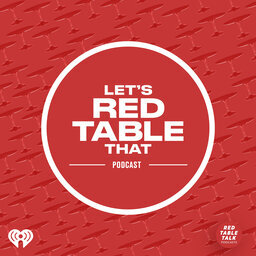
Jada Pinkett Smith Comes to the Virtual Red Table
49:37
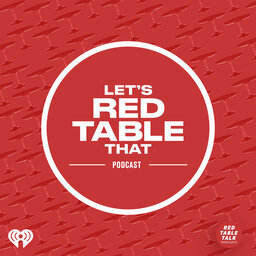
Gammy Comes to the Virtual Red Table (Emancipation Recap)
33:10
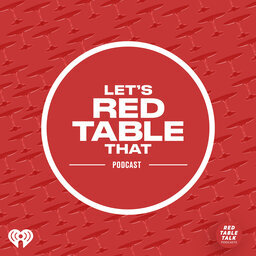
Does Love have Rules? (Jay Shetty Recap)
31:52
 Let's Red Table That with Cara and Tracy
Let's Red Table That with Cara and Tracy